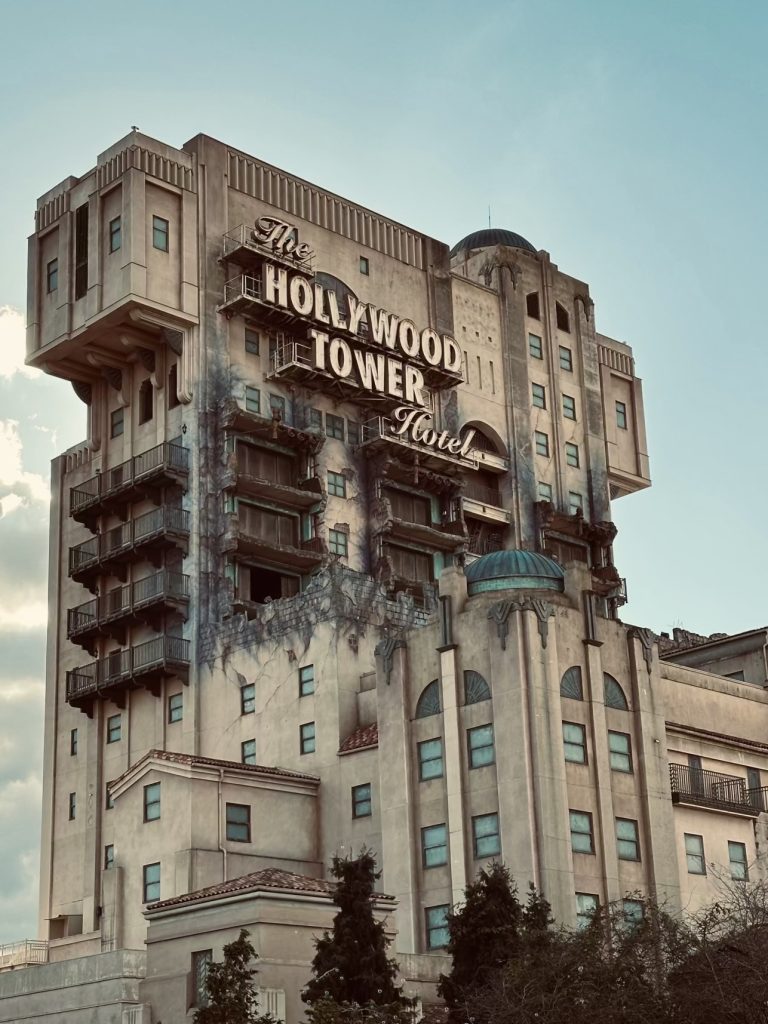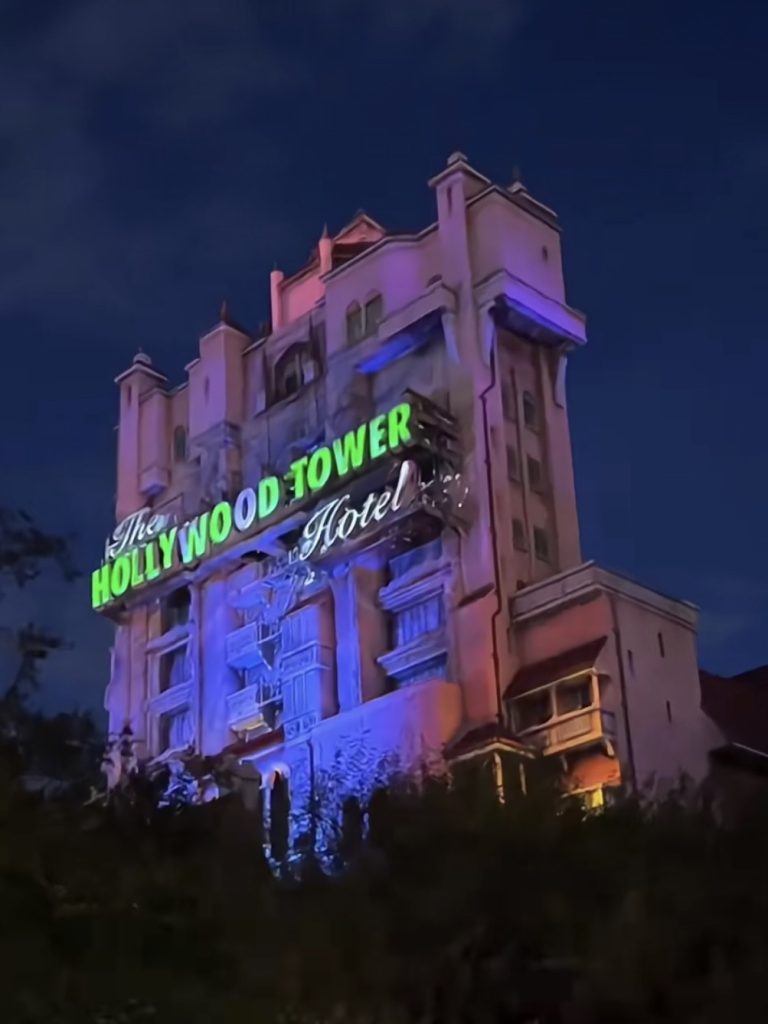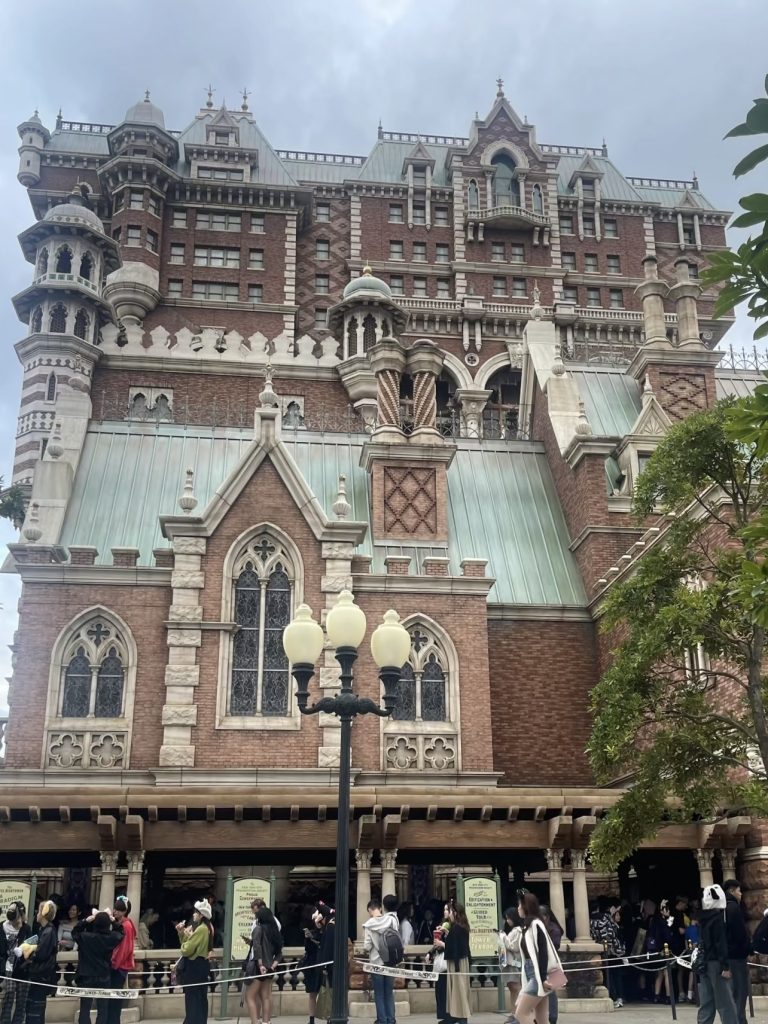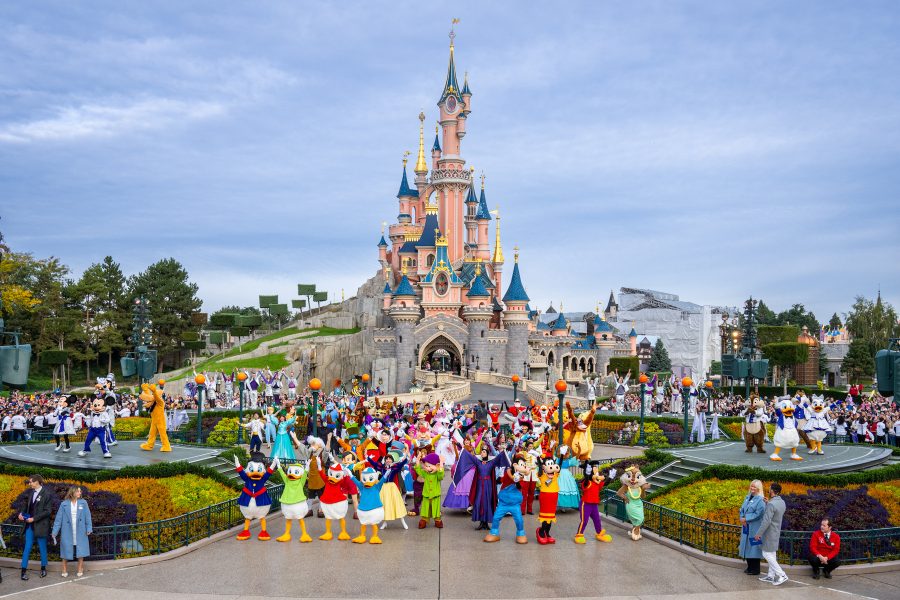Have you ever changed your travel plans just because a theme park was too attractive to resist? Maybe you intended to explore a cityÔÇÖs culture, but changed mind remembering the rides and gift shops at the theme park? If this sounds familiar, youÔÇÖve experienced how the culture industry subtly shapes our travel decisions.
The Culture Industry theory, introduced by Theodor Adorno and Max Horkheimer, critiques how culture is commodified and standardized under capitalism. They argue that once the cultural products holding unique artistic and social value, are increasingly produced like industrial goods will losing their individuality and depth. This mass consumption of culture discourages authentic experiences. Tourism, especially in theme parks and popular “check-in” destinations, is a clear example of this theory.
Standardization is the core of cultural industry theory. Global theme parks like Disneyland offer nearly identical experiences in different countries. Whether in the U.S., Japan, or China, rides, attractions, and merchandise are highly uniform. This uniformity limits opportunities to engage with local culture. Theme parks become mass-market products, overshadowing local cultural heritage. Tourists believe they are having unique experiences through photos or themed merchandise, but these activities have been pre-packaged, commodified, and homogenized by corporations.

Tower of Terror in Orlando Disney World 
Tower of Terror in Disneyland Paris 
Tower of Terror in Tokyo Disneysea
For example, the Tower of Terror attraction is featured in three different Disney resorts.
Thus, by using the cultural industry theory, we find that consumers seemingly have numerous cultural product choices, but these choices are controlled by the capitalist system. In reality, they are forced to choose within a limited range and difficult to truly achieve independent decision-making.
Reference´╝Ü
Disneyland Experience. (2024). [4K] FULL Magic Happens Parade 2024 at Disneyland Park! – Disney100 Years of Wonder Celebration. YouTube. Retrieved from https://youtu.be/70sz4tzpNwI.
Alegre, J., & Garau, J. (2010). Tourist satisfaction and dissatisfaction. Annals of Tourism Research, 37(1), 52ÔÇô73. https://doi.org/10.1016/j.annals.2009.06.001


Hi Yinzi
I love your discussion about Disney and I think Disney is undoubtedly a prime example of the culture industry. Whether through its series of films, theme parks, or merchandise, everything created from its animated IP is designed to cater to Disney’s target audience and drive consumption. In the context of consumerism and capitalism, Disney culture has long ceased to be just a childhood memory. By relying on the same story templates and happy endings, DisneyÔÇÖs cultural industry does create a utopia that allows people to escape reality. However, this is also why Disney’s films often struggle to stand the test of time.
This blog insightfully explores how theme parks, like Disneyland, have evolved into “check-in spots” that shape social media culture. It connects the physical experience with digital performance, highlighting how these spaces are now used for social validation and self-presentation.